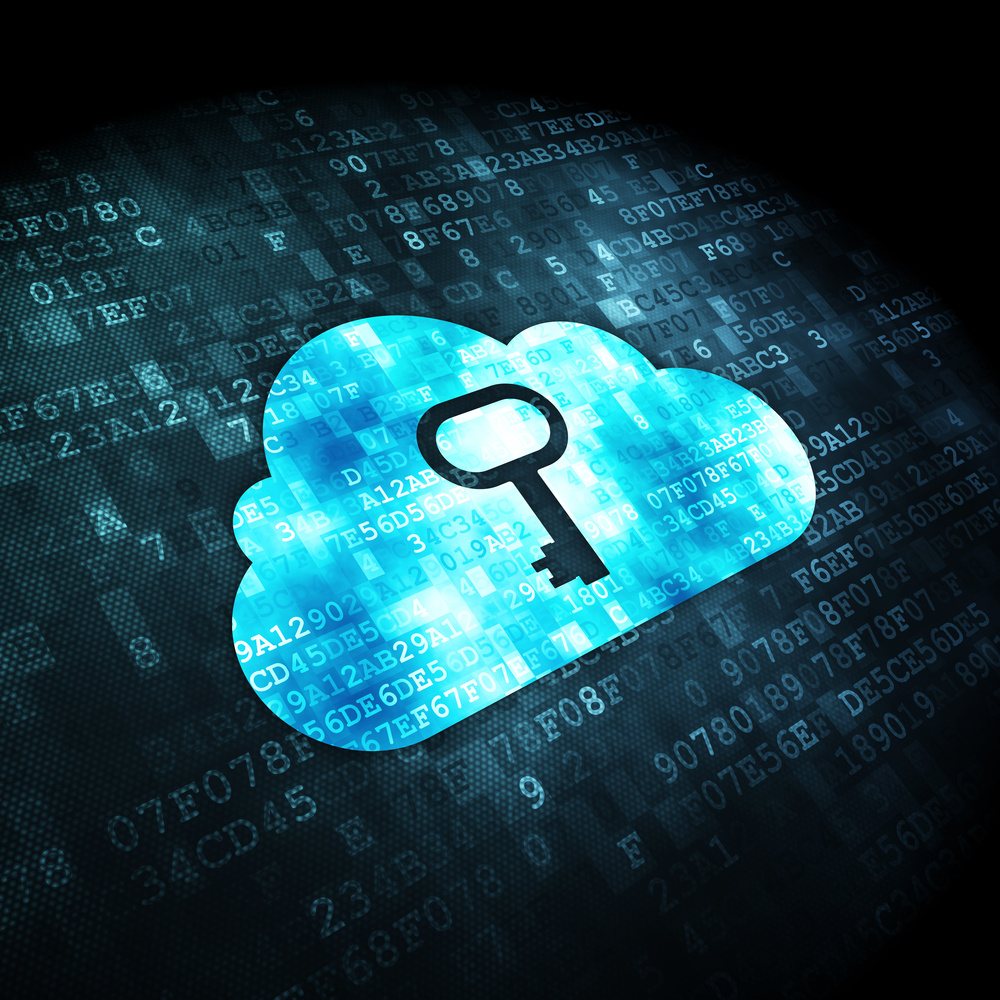In recent years, there have been security breaches at a number of large companies that resulted in the loss of personal data for thousands of people. All entities involved in big data – including both vendors and consumers – should be looking to create and use standard security measures to keep their data safe.
Big Data Protection Challenges
There are quite a few major challenges involved in the security of big data, not the least of which is that most current security measures are meant for the protection of small-scale, static data. Because big data comes in the millions of terabytes – as opposed to a much lower number of files saved to an individual hard drive – big data security must be quick, adaptable, and tailored towards multiple entry points. Security for big data has several areas of weakness.
Audits. If something does go wrong, businesses need to be able to determine how and why in order to improve their security. These audits should be detailed and easily scalable.
Data Mining. Customers or clients may not know what information is being gathered. With weak security, private information can be stolen, resulting in loss of both money and trust.
Data Storage. Because big data is too large to be moved manually by the IT department, a company has less control over how and where it moves. Auto-tiering can make this process much easier, but businesses should keep in mind that it requires extra security measures.
Encrypted Access. Security measures need to strike a balance between the encryption needed to keep big data safe and the need of users to access this data efficiently.
Input Validation. Collections of big data usually have millions of inputs from various access points. Any business collecting big data must ensure that all sources of input are validated and trusted.
Real-Time Monitoring. Although real-time monitoring is improving – and providing a way to see exactly what’s happening at any given moment – businesses should be aware that it can generate false positives.
Improving Security
Despite the differences between big data and the data found on a general user’s computer, cloud experts believe that the antivirus industry may hold the key to better big data security. This is not only because antivirus vendors already have experience in battling viruses and other malware, but also because they share information on threats and how to defeat them.
Businesses often depend on secrets in order to keep ahead of their competitors, but in the antivirus industry, threat data is open and allows multiple industry leaders to work on a solution. This benefits everyone who uses a computer, no matter what antivirus they choose to use. Cloud experts believe that being open and seeking to share is what will enable big data security measures to be improved quickly and efficiently.



